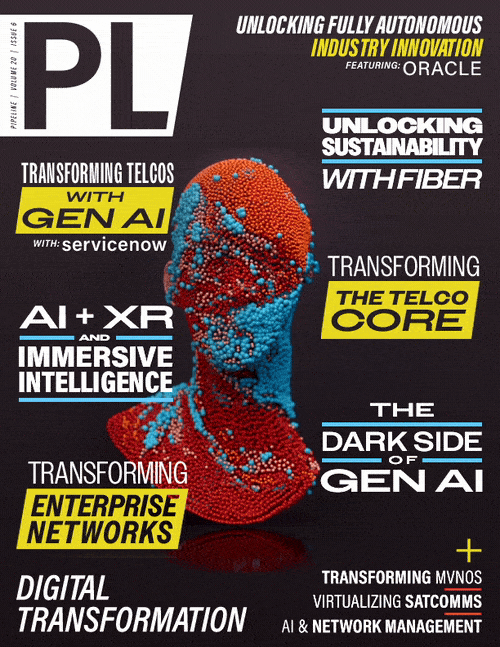AI AR/VR and Immersive Intelligence
Task Planning and Management – This is particularly critical for engineers since it requires a vast amount of organization, discipline, and time
management when completing tasks effectively. Generative AI can improve the process by enabling an intuitive platform for task planning and management.
Knowledge Sharing – Engineers and their teams will be able to increase collaboration and efficiency in the workplace since generative AI allows for streamlined knowledge sharing between engineers and other employees at work.
Error Detection – This is an area that has always been a large issue for engineers as they continue to seek the most efficient ways to identify errors,
which lead to time and cost savings. The use of natural language processing will now be leveraged to visualize errors in text-based data faster than ever before, critical in code review, error
analysis, or debugging.
Security and Privacy – Security and privacy is one of the biggest issues facing today’s world. Since metaverse environments have the digital twin as an integral part, the metaverse will have much richer data. The security and privacy in metaverse environments cannot be solved by traditional security tools. However, immersive technologies like AR/VR leveraging leading AI tools are better equipped to handle security and privacy related to digital twins.
Enhancing Labor Workforce Strategies Instead of Replacement
The use of immersive intelligence through generative AI and AR/VR can also create labor efficiencies like never seen before. While there will always be the fear of having human capital jobs replaced by technology, we’re beginning to realize that there are greater efficiencies to be gained through the implementation of immersive intelligent solutions.
In late September, the United Auto Workers (UAW) began to commence strategic walkouts of its workforce at automotive manufacturing plants across the U.S. Much of this labor unrest was the result
of a disagreement over compensation and benefits packages, but there is much more involved, such as the use of robotics and automation, and how to shorten work weeks for the labor force.
While the automotive industry is only one segment of the manufacturing landscape, many industries that involve a heavy dose of manufacturing and plant workers have certain been grappling over the use and future robotics and automation play.
Why AI, Robotics, and Automation Can Benefit Today’s Labor Pool
However, another way of looking at the issue is to realize that these technologies may prove beneficial in helping to solve current labor challenges, as well as labor predicaments for all industries involving manufacturing facilities. These technologies can actually be a part of the manufacturers’ overall plans for upgrading plant facilities to help employees be more productive and efficient in their work weeks.
Consider that even if every skilled worker in the country was employed in manufacturing, Forbes reports there would still be 35% more job openings than workers capable of filling them. By 2030, Deloitte predicts the industry will be short by more than 2 million workers.
"Cobots" based on immersive intelligent solutions may hold the key to the future of robotics and automation for many industries and manufacturers.
Cobots, which enable human-robot collaboration, are made to work safely next to human workers. Similar to traditional industrial robots, cobots are mechanical arms powered by AI, sensors and AR/VR that can be programmed to carry out a variety of tasks in a factory setting for the manufacture of items, including material handling, assembly, process tasks, quality inspection, and packaging. Due to the cobot's focus on repetitive tasks, this enables its human coworker to concentrate on other tasks that call for greater manual dexterity and cognitive skills.
Immersive intelligence based on generative AI and automation are poised to revolutionize the manufacturing industry by ushering in unprecedented efficiencies, cost reductions, and the seamless integration of advanced technologies. Through the implementation of AI-driven systems leveraging AR/VR, manufacturers can optimize production processes, enhance precision, and reduce operational errors, thereby streamlining workflows and maximizing productivity. Automation not only minimizes labor costs but also enables the rapid execution of repetitive tasks, freeing up human resources for more complex and creative endeavors. Additionally, AI-powered analytics and predictive maintenance contribute to proactive problem-solving, minimizing downtime and extending the lifespan of machinery. The synergy between AI, AR/VR, and automation promises to create a manufacturing landscape that is not only more competitive but also at the forefront of technological innovation.



















